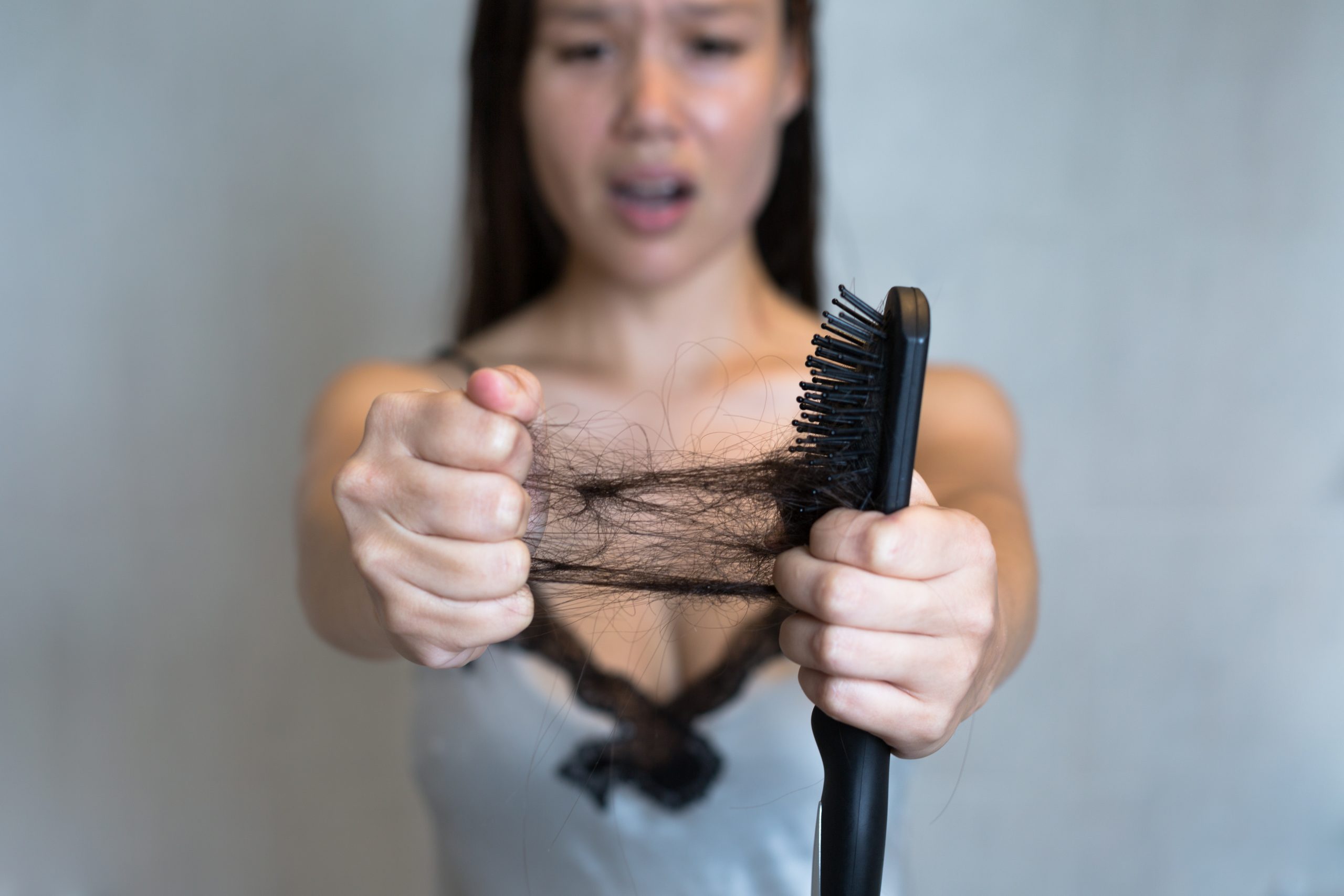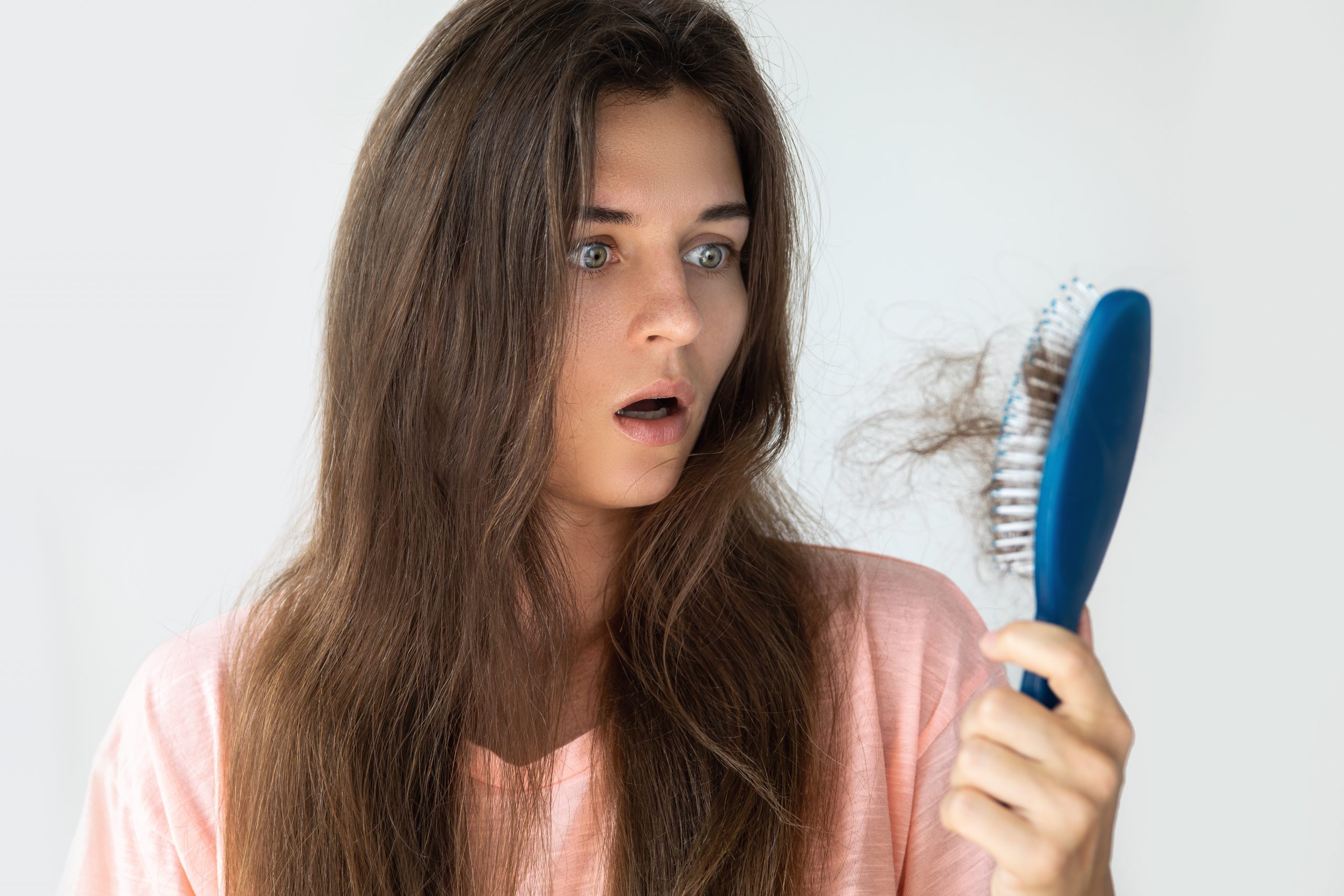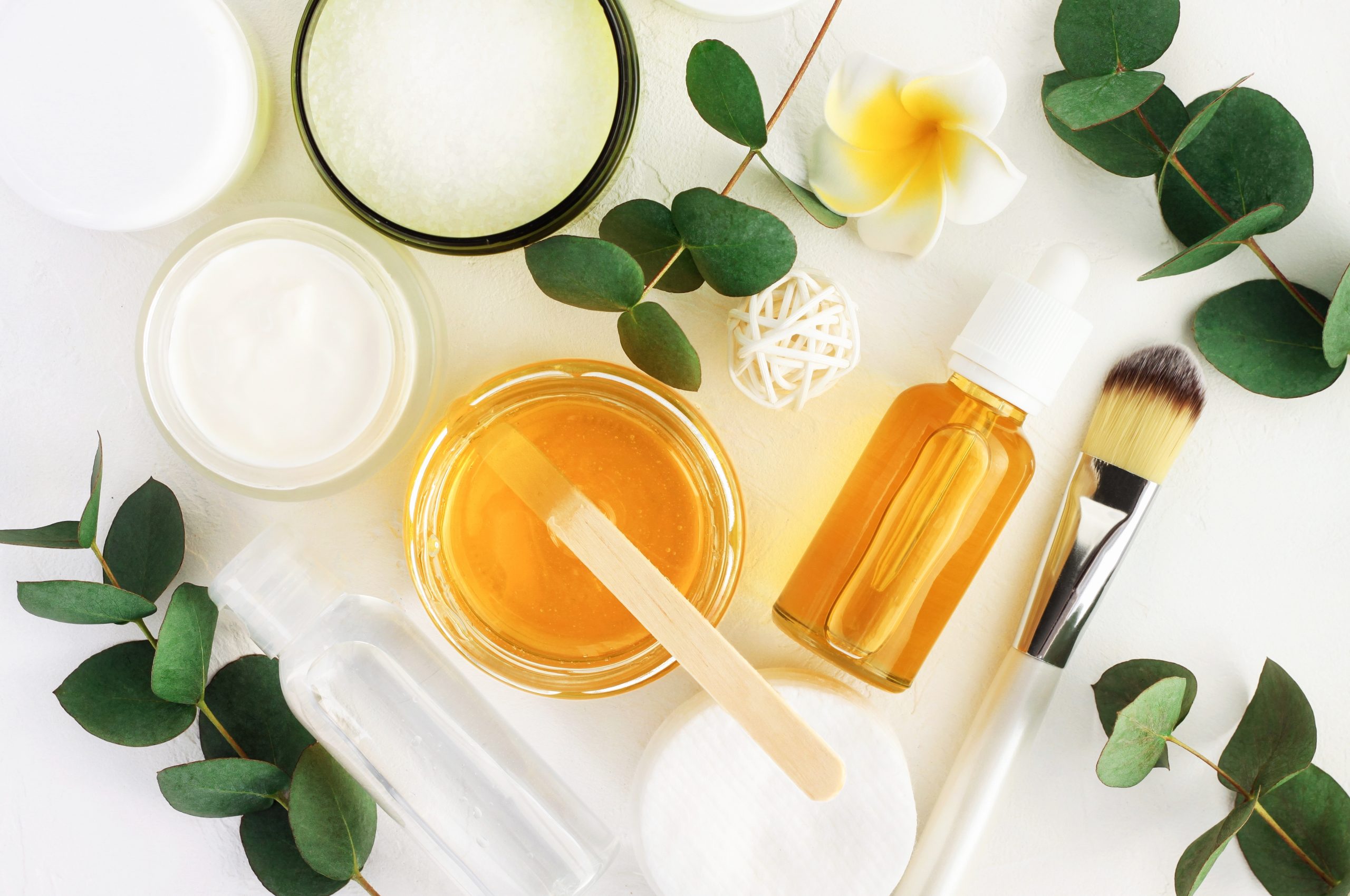When it comes to healthy and luscious hair, many factors come into play, including nutrition and lifestyle choices. Biotin, also known as vitamin B7 or vitamin H, is a water-soluble vitamin that is often associated with promoting hair growth and maintaining healthy hair. In this article, we explore the role of biotin in promoting hair growth.
- Biotin and Hair Structure: Biotin is essential for the production of keratin, a protein that makes up the structure of hair, skin, and nails. Adequate levels of biotin ensure the proper formation and strength of hair follicles. Biotin also plays a role in maintaining the health of the scalp, where hair follicles reside. Healthy hair follicles are better equipped to produce strong and vibrant hair.
- Hair Growth Cycle: Hair growth occurs in cycles, consisting of a growth phase (anagen), a resting phase (telogen), and a shedding phase (catagen). Biotin supports the anagen phase, where hair actively grows. It promotes the elongation and division of cells within the hair follicles, leading to increased hair growth and length.
- Preventing Hair Loss: Biotin is often associated with preventing hair loss or thinning. While biotin deficiency is rare, inadequate levels of biotin can lead to brittle hair, hair breakage, and hair loss. Supplementation with biotin can help address deficiency and support healthy hair growth. However, it’s important to note that hair loss can have various underlying causes, and biotin alone may not be a solution for all types of hair loss.
- Strengthening Hair: Biotin helps strengthen hair by improving its elasticity and resilience. This can reduce hair breakage and promote the overall health and appearance of hair. Stronger hair strands are less prone to damage, allowing them to grow longer and healthier over time.
- Supporting Scalp Health: Biotin contributes to a healthy scalp environment, which is crucial for optimal hair growth. A nourished and balanced scalp provides a favorable foundation for hair follicles to thrive. Biotin aids in the production of fatty acids in the scalp, which nourish the hair follicles and maintain scalp health.
- Nutrient Absorption: Biotin plays a role in the metabolism of macronutrients, including proteins, carbohydrates, and fats. It helps convert these nutrients into energy that supports the growth and maintenance of hair. Biotin also aids in the absorption of other essential nutrients necessary for hair health, such as vitamins and minerals.
- Food Sources of Biotin: Biotin can be obtained through a balanced diet. Foods rich in biotin include eggs, nuts, seeds, legumes, whole grains, mushrooms, and organ meats. Incorporating these foods into your diet can help ensure an adequate intake of biotin. However, if you struggle to meet your biotin requirements through diet alone, biotin supplements are available and can be taken after consulting with a healthcare professional.
- Hair Care Practices: While biotin can support hair growth and health, it’s important to note that external factors and hair care practices also play a role. Proper hair care routines, such as regular washing, conditioning, and avoiding excessive heat or chemical treatments, contribute to the overall health and appearance of hair. Combined with biotin supplementation, these practices can help optimize hair growth and maintain its integrity.
- Individual Variations: It’s essential to remember that individual responses to biotin supplementation may vary. While biotin can benefit many individuals, some may not experience significant changes in hair growth or health





